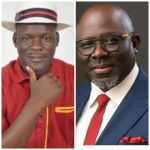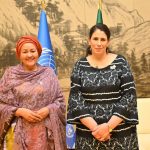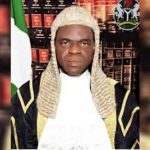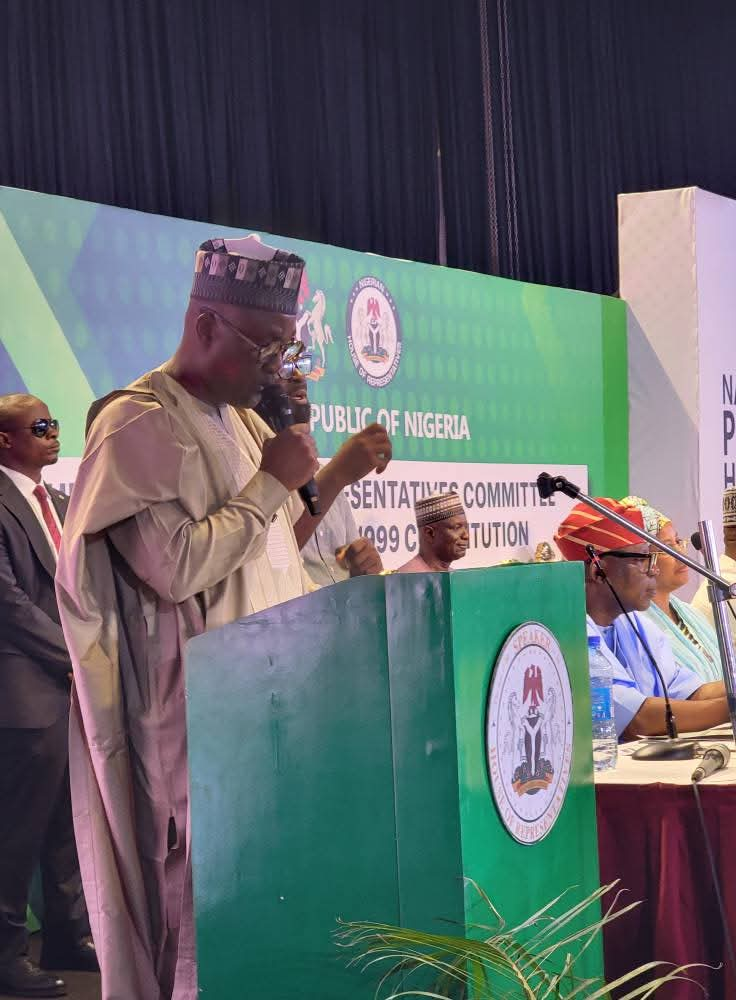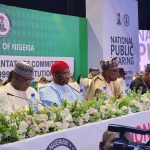Constitution Review: Speaker Abbas Backs State Police, Women’s Quotas, and Stronger Role for Traditional Rulers
By Nelson Ogbu
The Speaker of the House of Representatives, Rt. Hon. Abbas Tajudeen, has assured Nigerians that the ongoing Constitution alteration exercise will deliver far-reaching reforms to strengthen governance, deepen democracy, and give greater voice to citizens.
Speaking at the National Public Hearing on Constitution Review, organized by the House Committee on Constitution Review at the Transcorp Hilton, Abuja, the Speaker listed critical areas under consideration, including constitutional roles for traditional rulers, creation of reserved seats for women in legislative houses, the establishment of state police, and reforms to guarantee local government autonomy.
According to Abbas, the amendment process reflects the collective demand of Nigerians gathered through extensive consultations, zonal hearings, and memoranda submitted by civil society, professional bodies, and community leaders across the country.
“We are determined to produce a Constitution that is not only legal but legitimate, one that reflects the values, hopes, and aspirations of Nigerians,” he said, emphasizing that the process will remain participatory and transparent until its conclusion.
On traditional rulers, Abbas noted that the proposals seek to formalize their constitutional roles in governance, especially in peace-building, conflict resolution, and grassroots development. He explained that the reforms would harness their influence to foster stability and community cohesion.
The Speaker further highlighted the push for gender inclusion, stressing that bills proposing reserved legislative seats for women and gender balance in appointments were designed to address systemic exclusion and promote equal participation in politics and governance.
He also underscored the urgency of security sector reforms, pointing to the landmark bill on state and community police, which he described as a direct response to Nigeria’s growing security challenges and the demand for localized policing solutions.
On the issue of grassroots governance, Abbas reiterated that the House is committed to delivering full financial and administrative autonomy for local governments, ensuring that development reaches the communities directly without interference.
While praising President Bola Ahmed Tinubu for creating an enabling political environment through his Renewed Hope agenda, the Speaker made it clear that “the ultimate authority lies with the Nigerian people, whose voices and inputs continue to guide the process.”
The Speaker called on citizens to remain actively engaged, noting that the proposals would still undergo scrutiny in the two chambers of the National Assembly and require approval from at least 24 State Houses of Assembly before becoming law.
“This is a collective national project,” Abbas declared. “Let us rise above ethnicity, religion, and partisanship to deliver a Constitution that guarantees justice, unity, and progress for generations to come.”

